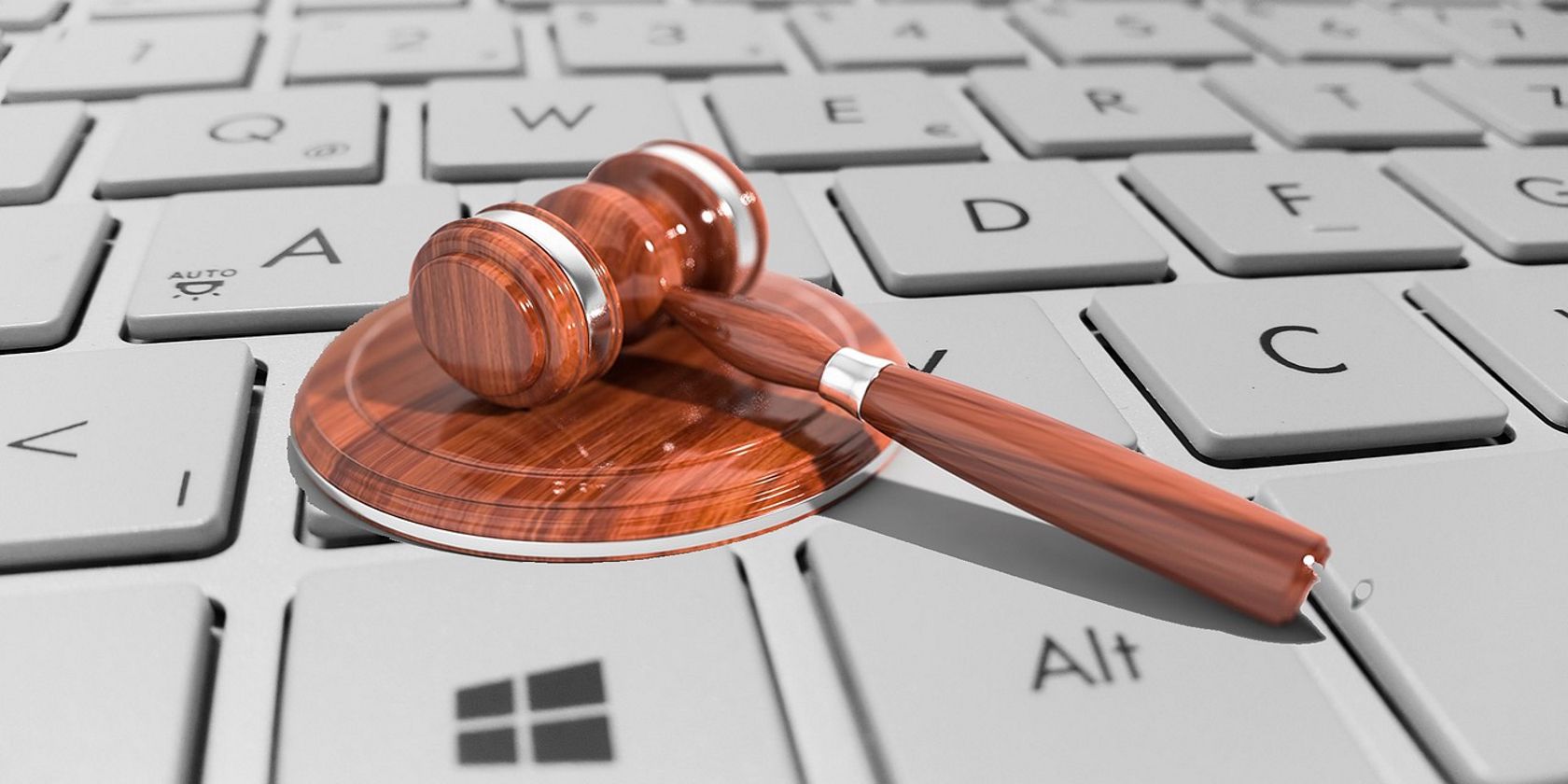Computer Law
What is Computer Law?
Computer Law relates to and crosses over with a number of legal areas affecting the design and use of computers and software, and the transmission of data via physical media or across data networks (Computer Law, 2023).
 |
| (Ali, 2022) |
Why practice computer law?
Computers have changed the world. They make it easier to do lawful things, and they make it easier to break the law. Attorneys who practice computer law have the critical task of deciding how to regulate the Internet and why. They create, enforce, implement and challenge the laws that regulate computers and electronic communication. Computer law attorneys are at the forefront of a rapidly changing world.
Practising computer law presents exciting challenges. It’s an area of law that’s growing and developing. Whether they work for a private company or the government, computer attorneys help shape this change. The work might involve lobbying and developing ways to implement policy in addition to the other practice areas of computer law.
There can be a lot of money on the line regarding computers. One data breach can cost a company millions of dollars and their reputation. Attorneys who sign on to handle the high-pressure world of computer law can find themselves highly paid for their work. In addition, attorneys who enjoy scientific and technical information might enjoy interweaving computer sciences with their practice of law (legalcareerpath, 2021).
Major computer law legislation includes:
The Computer Security Law of 1987
Lawmakers first addressed the importance of privacy in electronic data in the Computer Security Law of 1987. The law created minimum standards for electronically stored information. Congress later repealed the Computer Security Law of 1987 with the Federal Information Security Management Act of 2002.
Federal Information Security Management Act of 2002
The Federal Information Security Management Act of 2002 replaced the Computer Security Law of 1987 with new rules and regulations for electronic information held at government agencies. Each agency must develop and implement an agency-wide plan and policy for the security of electronic information. Their plan must assess and address security risks that may be present regarding the storage of electronic information within the agency. They must create reports about their compliance with the law. Federal agencies spend billions of dollars each year on information technology.
Computer Fraud and Abuse Act
This law criminalizes fraudulent practices that involve computers. It criminalizes accessing a federal computer without authorization. In addition, it criminalizes intentionally inflicting a government computer with a virus. Password stealing and extortion are also prohibited under the Act (legalcareerpath, 2017).
Reference List:
Computer Law (2023) Hg.org. Available at: https://www.hg.org/compute.html (Accessed: 03 June 2023).
Ali, F. (2022) 8 important laws of technology and computing explained, MUO. Available at: https://www.makeuseof.com/important-tech-laws-explained/ (Accessed: 03 June 2023).
What is computer law? (2017) What is Computer Law? Available at: https://legalcareerpath.com/what-is-computer-law/ (Accessed: 03 June 2023).
Comments
Post a Comment